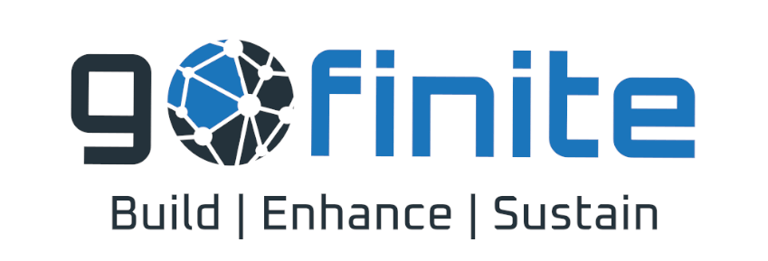AI is Revolutionizing the Product Development Cycle
PRODUCT DEVELOPMENTDESIGN
1/31/20242 min read


Artificial Intelligence (AI) has emerged as a powerful tool that has the potential to revolutionize the product development cycle. By leveraging AI, companies can drive significant advancements in various stages of the cycle, ultimately leading to improved products and greater market success. In this article, we will explore how AI can be a game-changer in the product development process.
1. Idea Generation and Market Research
One of the key areas where AI can make a significant impact is in idea generation and market research. AI has the ability to analyze vast amounts of data from sources such as social media, customer reviews, and market research reports. By doing so, it can uncover hidden trends and predict future demands. This enables companies to focus on ideas that have greater market potential, reducing the risk of developing products that may not resonate with consumers. Additionally, AI can analyze user behavior and preferences to suggest personalized product ideas. By understanding individual preferences, AI can generate suggestions that resonate with specific demographics or niche markets. This level of personalization can greatly enhance the chances of success for a product in the market.
2. Design and Prototyping
AI can also play a crucial role in the design and prototyping stage of product development. With the help of AI-powered design tools, companies can automate certain aspects of the design process, saving time and resources. These tools can generate design variations based on user inputs, allowing designers to explore different possibilities quickly and efficiently. Furthermore, AI can assist in the creation of virtual prototypes. By simulating real-world scenarios, AI can help identify potential flaws or issues in the design, enabling designers to make necessary adjustments before moving forward with physical prototyping. This not only saves time but also reduces costs associated with multiple iterations of physical prototypes.
3. Testing and Quality Assurance
AI can significantly enhance the testing and quality assurance process. Machine learning algorithms can be trained to identify patterns and anomalies in test data, enabling faster and more accurate detection of defects. This can help companies identify and address issues early in the development cycle, reducing the risk of costly recalls or customer dissatisfaction. Moreover, AI can automate repetitive testing tasks, freeing up human resources to focus on more complex and critical aspects of quality assurance. This not only improves efficiency but also reduces the chances of human error.
The Conclusion
AI has the potential to be a game-changer in the product development cycle. From idea generation and market research to design and prototyping, and testing and quality assurance, AI can drive significant advancements at each stage. By leveraging the power of AI, companies can develop products that better meet customer needs, reduce time to market, and ultimately achieve greater market success. The future of product development is undoubtedly intertwined with AI, and companies that embrace this technology will have a competitive edge in the evolving business landscape.

Gofinite Ventures LLP
LLPIN : AAU-5144
